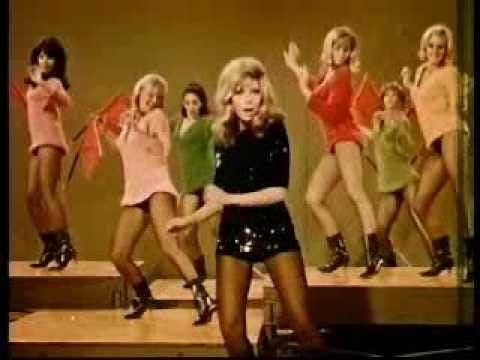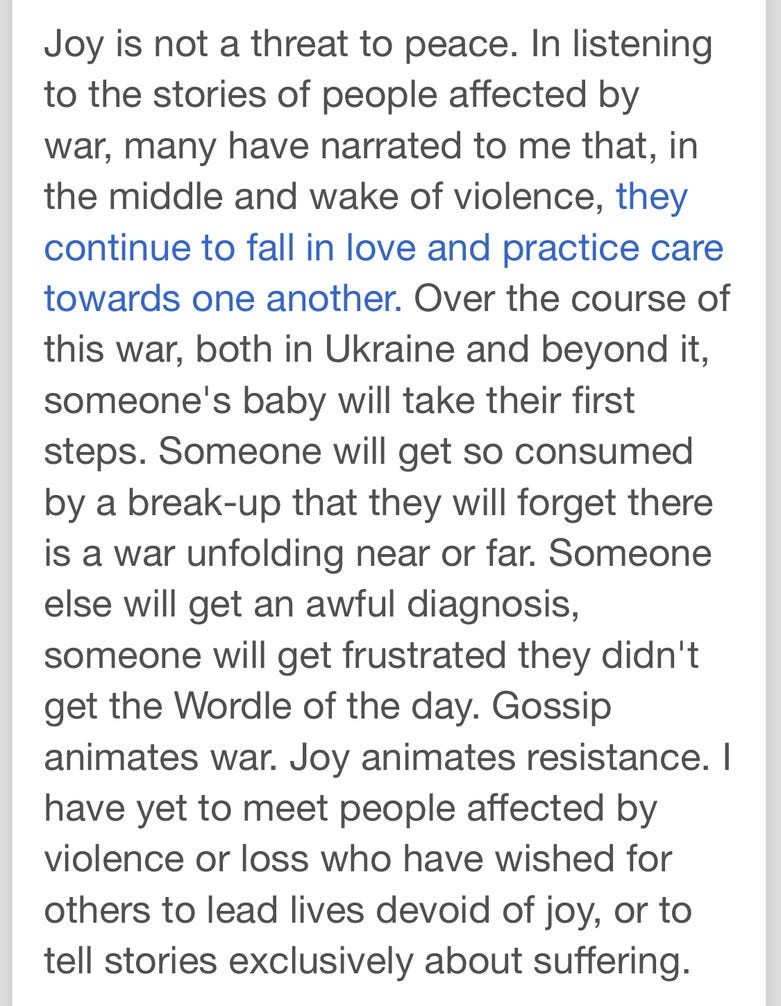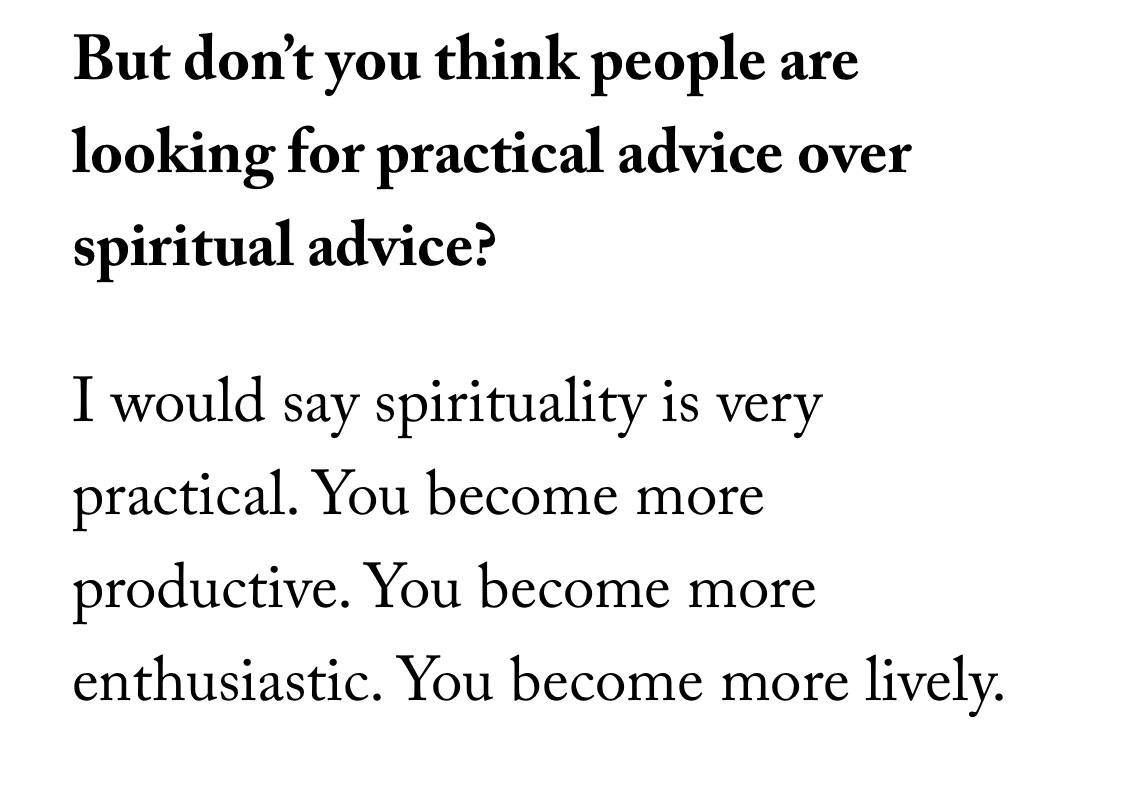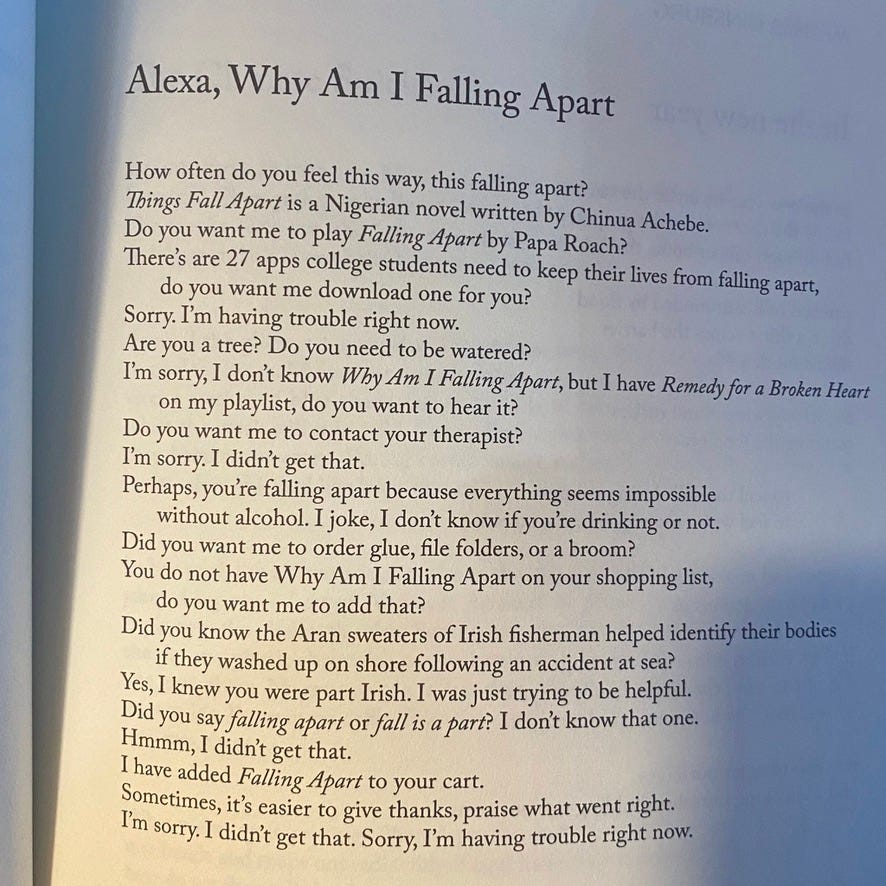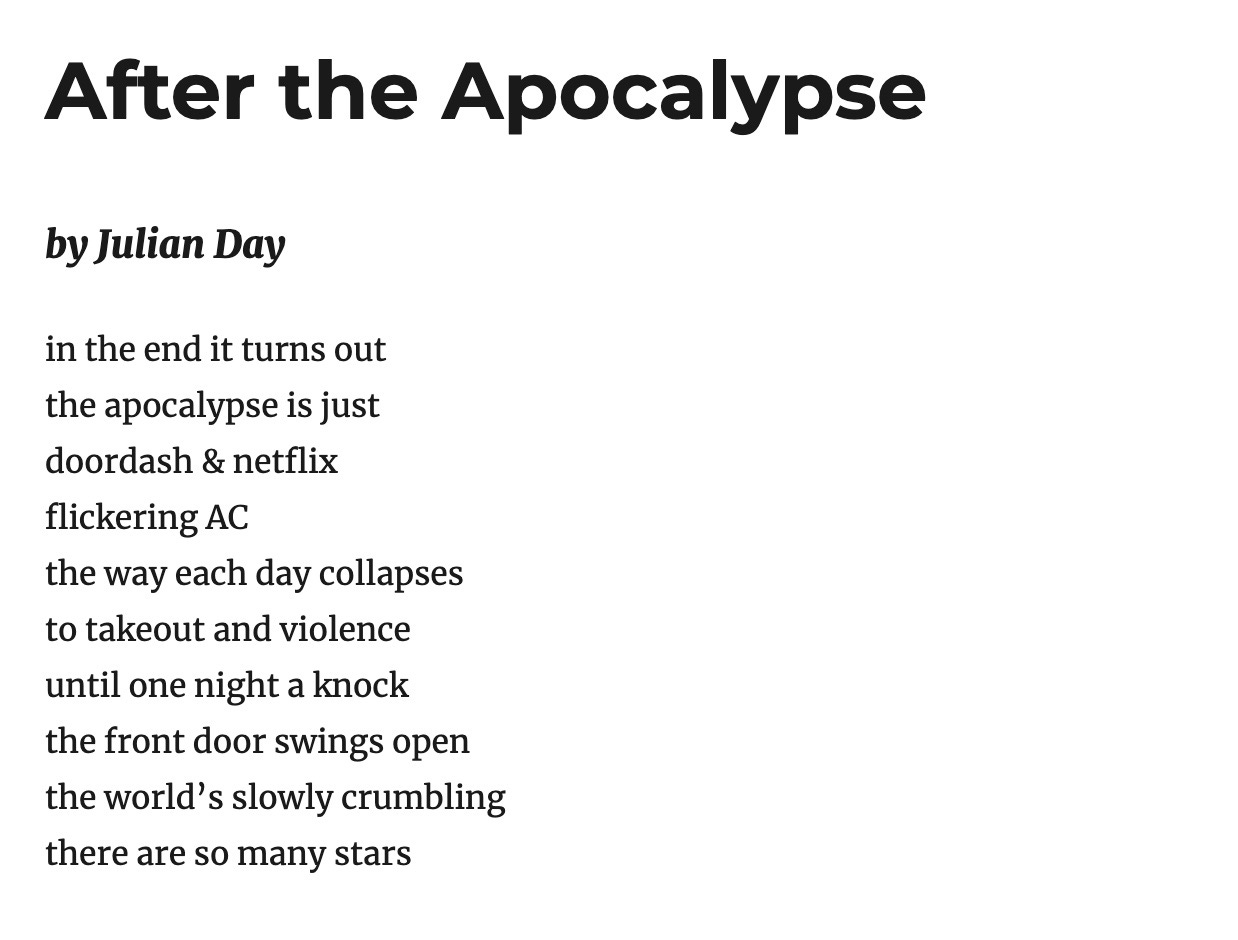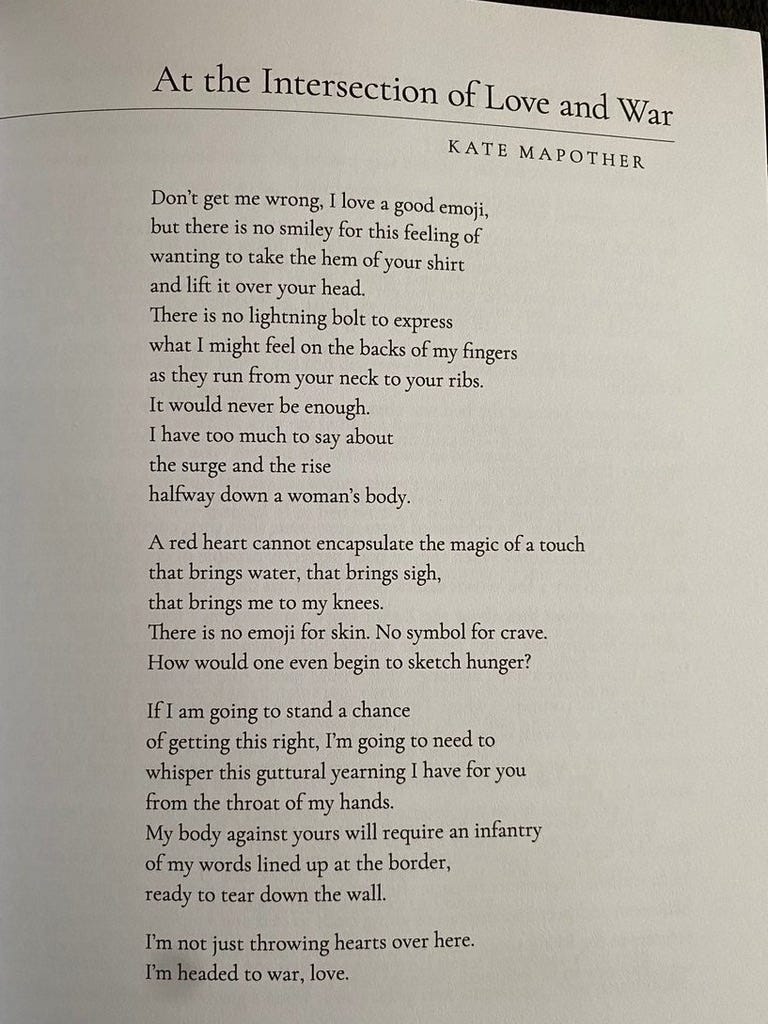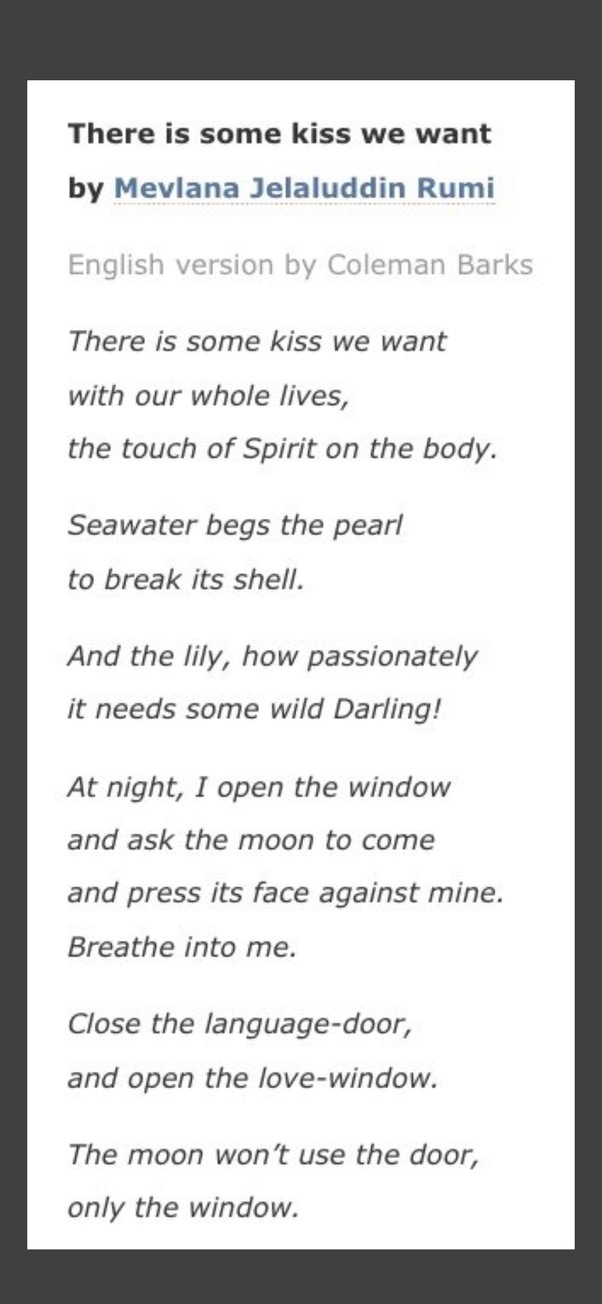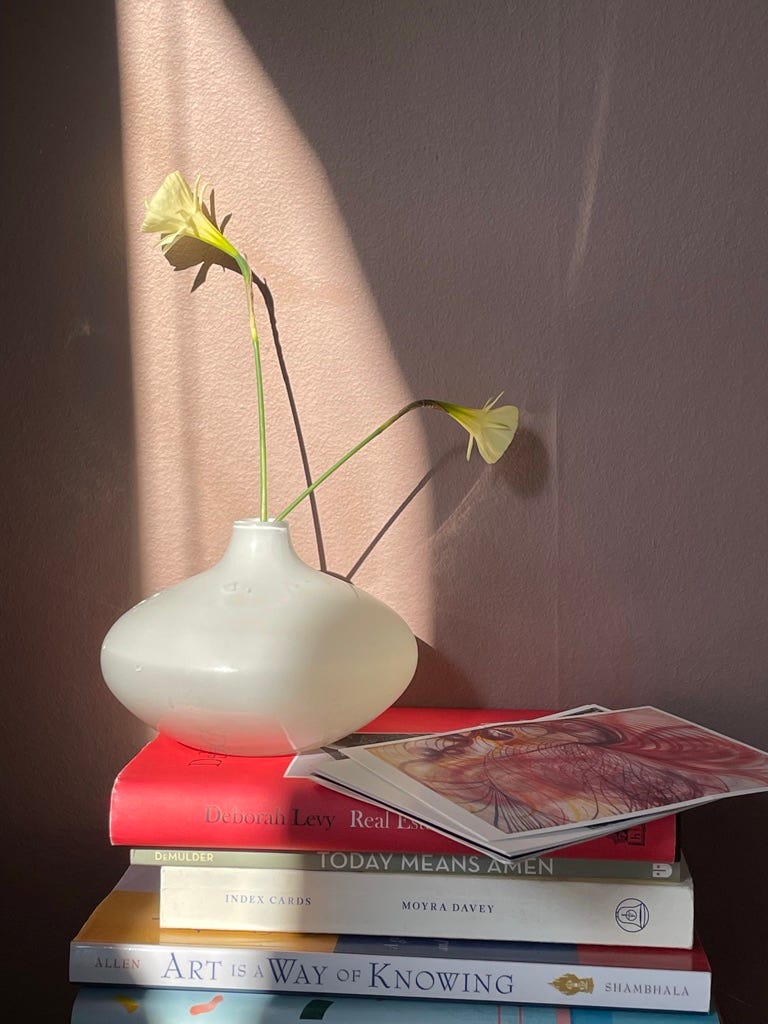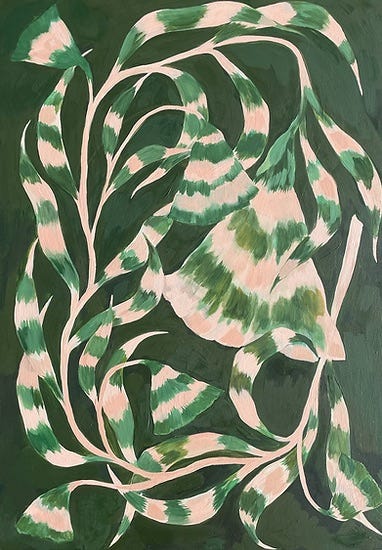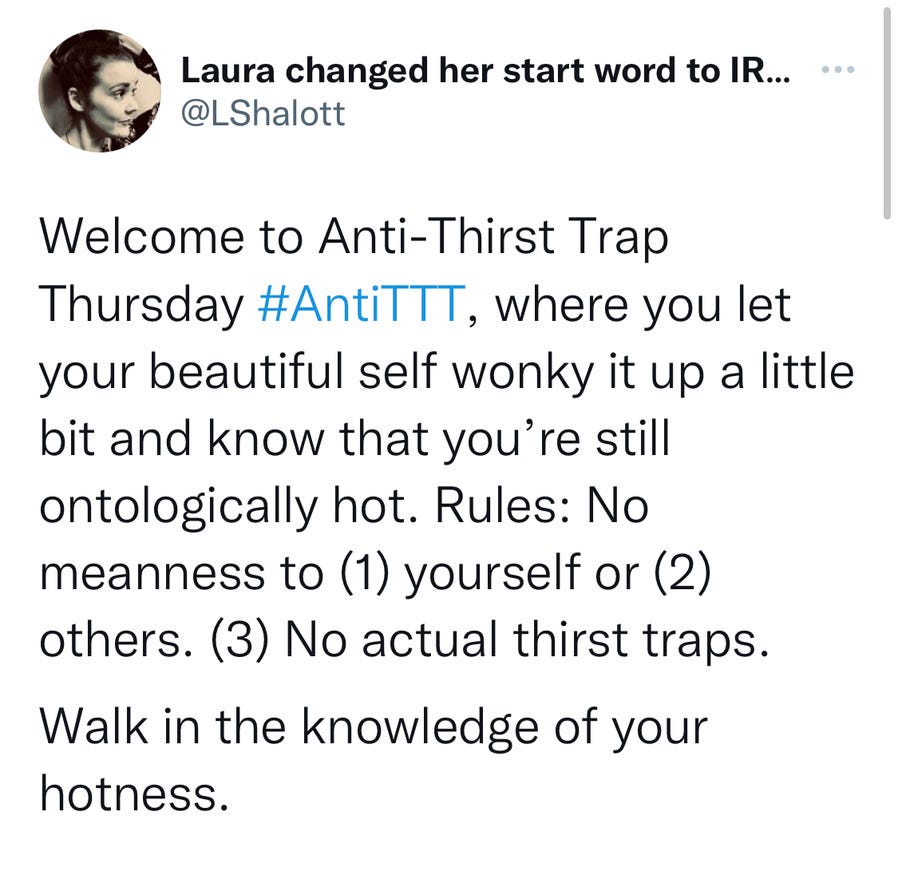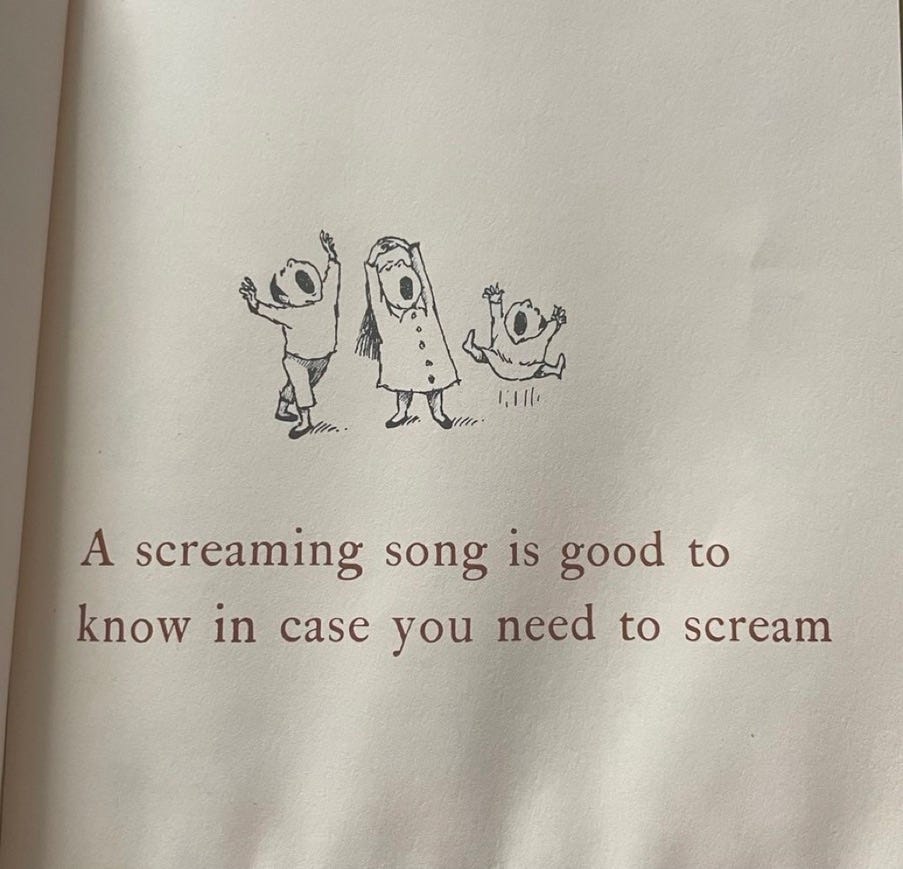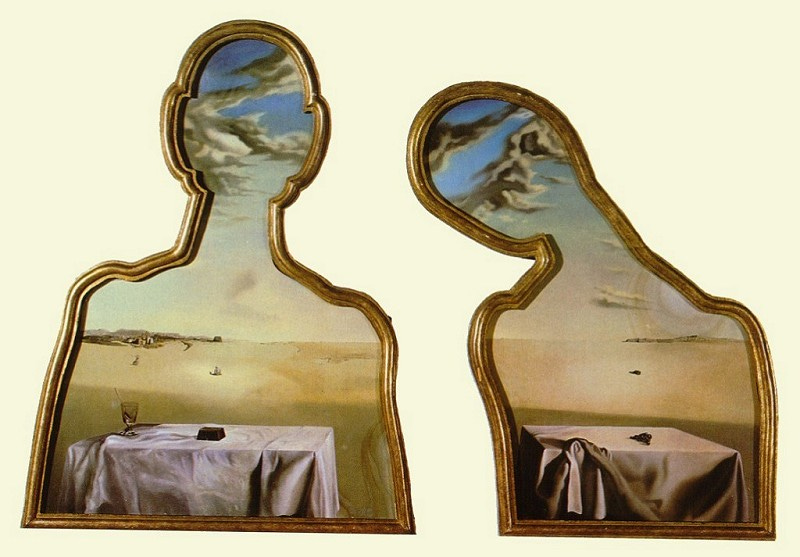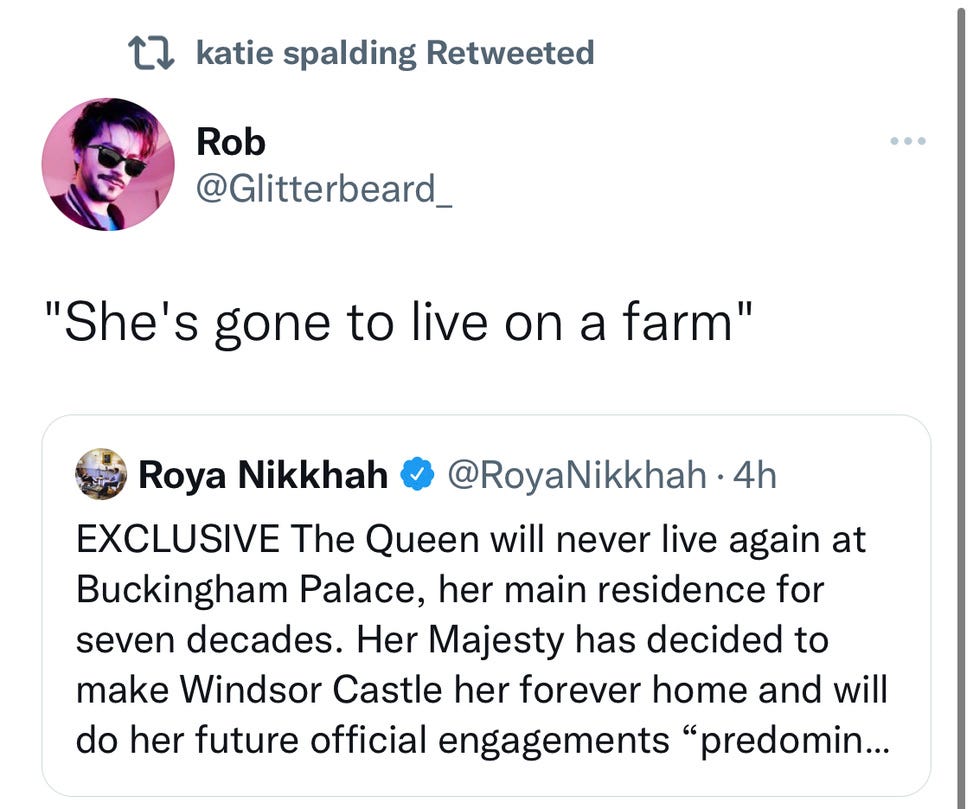What if we dedicated our lives to generational joy?
We talk, think and feel so much about generational trauma these days. Many of us know what it looks like. Some of us can see it from a distance, some rubbing up against it now and again or maybe even still walking through our lives playing it out in its current iterations.
Today as I wrote my morning pages, I danced with some ideas about living and life and ya know, what it all means. Just a silly goofy mood I guess.
I wrote “how much joy can I fill our days and moments with, how much love can I infuse into the lives of those around me - because that’s what will last. GENERATIONAL JOY.”
And as the words hit the page, the thing that happens to me when I strike on something very real, something very true, happened - an instant moment of clarity and peace. Like the striking of a tuning fork.
Generational joy is my purpose.
We’ll all define joy differently. For me, joy is a confluence of paying attention, hope, and gratitude. Joy is a practice.
In the midst of a somewhat painful and chaotic childhood I remember my Mum taking time to point me towards joy - no mean feat given the circumstances. No mean feat now, given *gestures at world*. Joy is not all that easy to do when you’re surrounded by so much pain.
But it is vital.
So along with generation trauma, she gifted me generational joy, too. And as is the aim, I think, of all this, I’m trying to eradicate as much of the former for my children, and let the latter be the legacy. I want them to be able to recognise and feel and sink in to the joy that surrounds them as much as is humanly possible.
The pain will not need to be looked for.
Joy, imo, doesn’t get the airtime she deserves. Societally, we hold pain up as some kind of trophy. We talk about it as a gateway to knowledge and understanding, or healing, or lessons learnt, and are taught to wear it like a badge of honour. Pain feels very rooted in patriarchal/capitalist systems. We survived, it screams.
I don’t want to survive. It’s the living I’m interested in. And what if joy could give us all these things without the, er, pain? What if joy is a portal for knowing, a way to heal the generational pain we carry, or to show us again and again what is already here? There is so much already here.
And like let’s not make it a competition or anything but for me, joy is far more interesting than pain. She has to show up in spite of all this, not as a natural result of it. Isn’t she more elusive? Isn’t she the harder thing to feel our way in to, to sit with? Isn’t she the one who has to exist with her shadow self fully in tact to really be known?
This morning I pottered in my garden and filmed some bits of the life happening, and remembered a quote on joy and nature from Robin Wall Kimmerer:
“Even a wounded world is feeding us. Even a wounded world holds us, giving us moments of wonder and joy. I choose joy over despair. Not because I have my head in the sand, but because joy is what the earth gives me daily and I must return the gift.”
I choose joy, too. The quiet joy. The in your face joy. The joy that sits alongside tears and grief. I choose it all, again and again.
Some recent joy from my days:
The four of us watching two fat pigeons who frequent our garden (Dave and Dave).
old flower petals
Sitting in the garden with a friend for the first time this year, bundled in coats and noting every small bit of life happening around us.
The way the sunset orange tulips hang over the vase.
A video of my nephew clapping.
Nazanin being freed.
Light hitting the disco ball.
packets of seeds which I keep ordering and keep falling through the letter box
Watching my husband tie my son’s tie
memories of the best cookies I’ve ever made
laughing in the dark
all the art I can art, art
Shares for the week:
LISTEN:
I actually like for real LOLLED my way through this. Imaginary Advice. Ross Sutherland presents an audio adaptation of Joel Stickley's anti-writing manual, "100 Ways to Write Badly Well"
An old but excellent and still super relevent episode of Difficult Artist with guestJia Tolentino. I particularly loved the conversation around generational women’s relationship to feminism, and about Jia’s writing evolution.
My seven year old has discovered ‘These boots are made for walkin’’ and I am here for it.
READ:
I now have a whole note in my phone filled with scans and quotes about Deborah Levy’s latest memoir, Real Estate. This is me pleading you to read all three and then come back to me. No-one quite writes like Deborah about what it means to exist in the world as an artist, woman, mother, human.
The point of thinking is that it will always muddy the water. So how do we live with our free thoughts and the mud? In Western European realist fiction, what is a writer going to do (we wondered out loud) with the irrational, with synchronicities, with superstition and the private magic we invent to keep us out of harm's way, with the uncanny, with thought streams and digressions that contradict our attempt to fix the story? Can we accept that language is sacred and scared and it's scarred as well, because that's how we all are?
I’ve just come back to this piece I read at the start of the month and I don’t really know why I bothered with this whole newsletter at all. I should have just directed you to Roxani Krystalli who wrote about Impermissable Joys in the most beautiful way possible.
Rachel Syme is one of my favouite profile writers so imagine my delight when she interviewed Julia Cameron (of The Artists way et al) about her new book. SPIRITUALITY IS VERY PRACTICAL.
so. much. poetry.
Kelli Russell Agodon
LOOK:
‘Til next time bbs,
Lx
